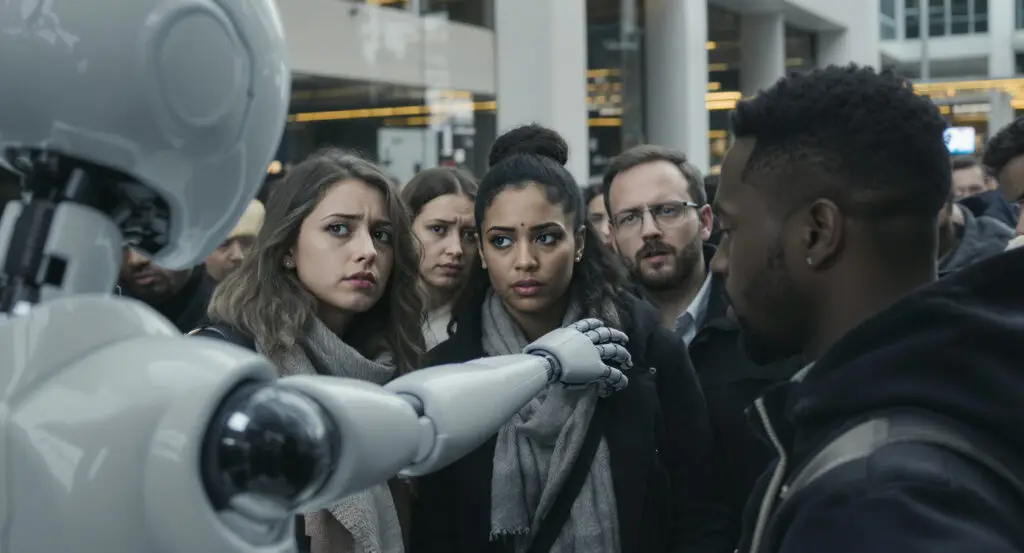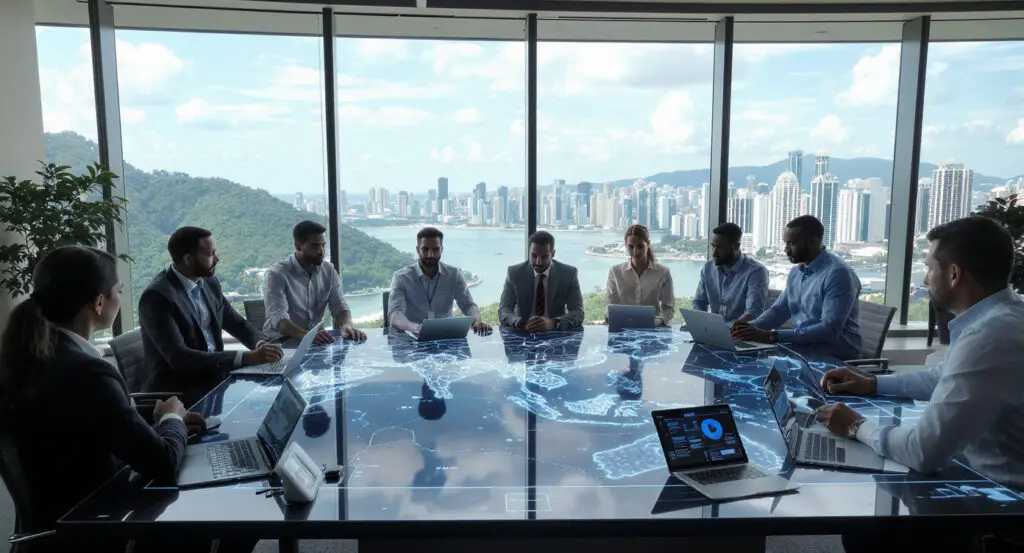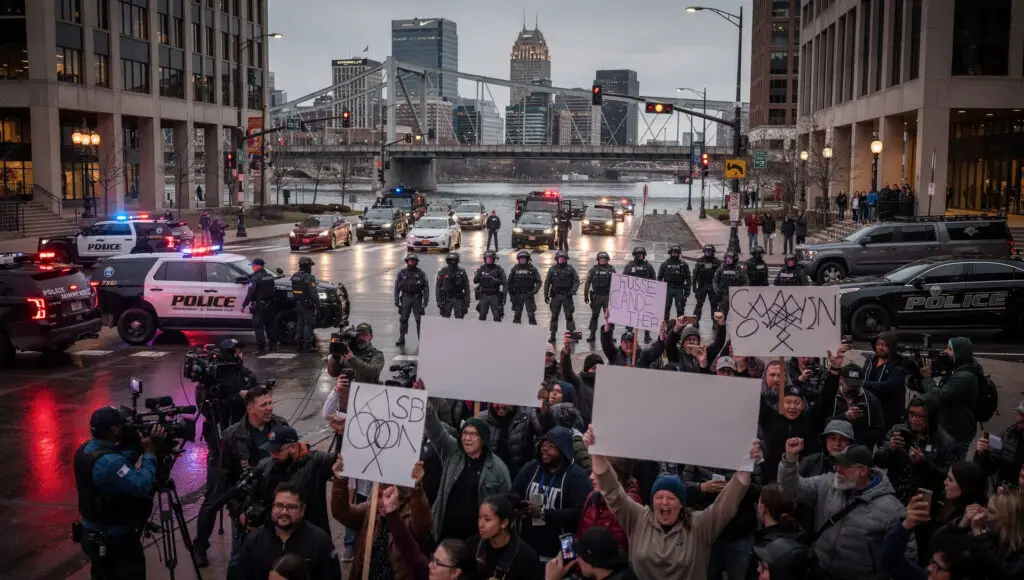Artificial Intelligence Expands Faster Than Laws Can Adapt
AI changes faster than the law can keep up with, making rules that are no longer relevant and can’t deal with new ethical risks well.
Governments are having a hard time making sure that fairness is built into the systems as adoption speeds up. Without supervision, the chances of discrimination and privacy violations go up a lot.
The Black Box Problem Makes It Hard to Be Honest
It’s hard for people to understand how outputs are made or checked when AI models are too complicated to explain their decisions.
This lack of openness makes it hard to hold people accountable. People who are hurt by unfair algorithms can’t figure out who is to blame, which makes the legal system and justice system less effective.
Experts Warn About Threats to Morality and Society
Dr. Maria Randazzo says that AI doesn’t have feelings, logic, or wisdom. It only works by recognizing patterns that have been programmed into it without any thought processes.
She says that uncontrolled growth could turn people into data that can be measured. Ethical frameworks are still not good enough, which makes systemic inequalities more likely.
Recommended Article: OpenAI Partners With Broadcom to Mass Produce AI Chips
Global Powers Pursue Different Regulatory Models
The US puts markets first, China puts state power first, and Europe makes rules that protect people’s dignity. These different ways of doing things make oversight less effective. Without coordinated global governance, inconsistent frameworks make protections weaker and let powerful groups take advantage of them.
Human Centered Regulation Provides Best Protection
The European Union supports human dignity by making sure that AI systems are open, fair, and accountable, with a focus on individual rights and group protections.
But it is still important for the whole world to adopt it. Even strong frameworks have holes where harmful practices can still happen if people don’t agree to them all over the world.
People Could Become Just Data Points
AI systems that aren’t controlled could turn people into numbers, ignoring things like empathy, compassion, and the ability to think morally.
This dehumanization could weaken democracy. Using people as means to an end goes against the basic rights, autonomy, and fairness that are important to society.
Urgent Global Cooperation Needed For Safe AI Future
Experts say that the world needs to work together to make standards that everyone can follow. Aligning regulation with ethics protects basic human dignity while allowing for new ideas to come up.
Randazzo stresses that people must always come first. Putting empathy, fairness, and care first in AI development makes sure that it helps society instead of hurting it.























